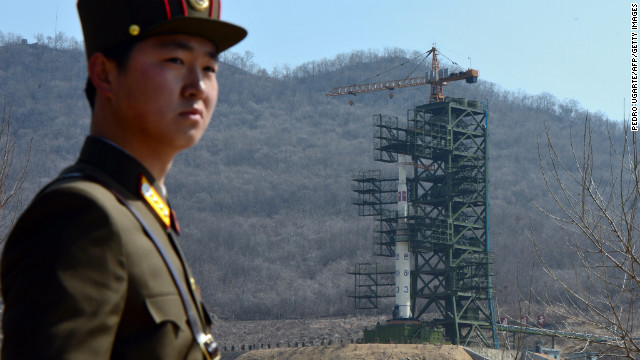Nole
Active Member
- Aug 14, 2012
- 683
- 127
- 28
As I told some of you in the recent past, ill do my part to keep you all more plugged into the space launch world.
Not sure if NK has had success but as soon as NORAD catalogs a NK object, ill let you know.
North Korea launches rocket in defiance of critics | Reuters
Not sure if NK has had success but as soon as NORAD catalogs a NK object, ill let you know.
North Korea launches rocket in defiance of critics | Reuters



